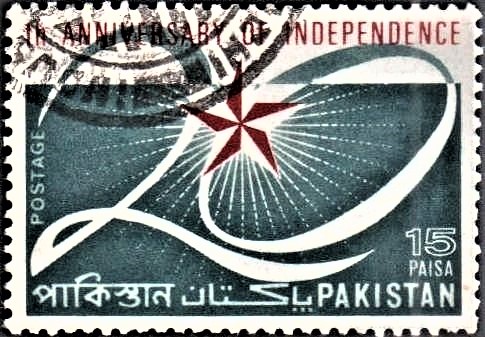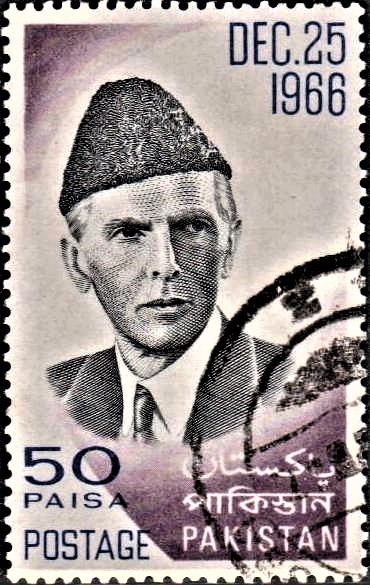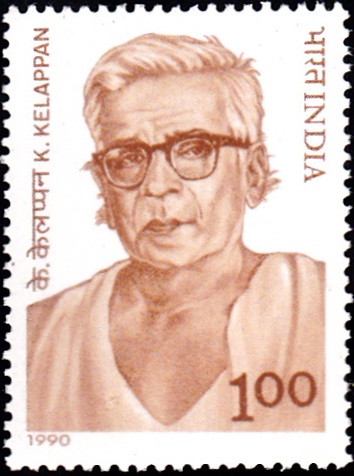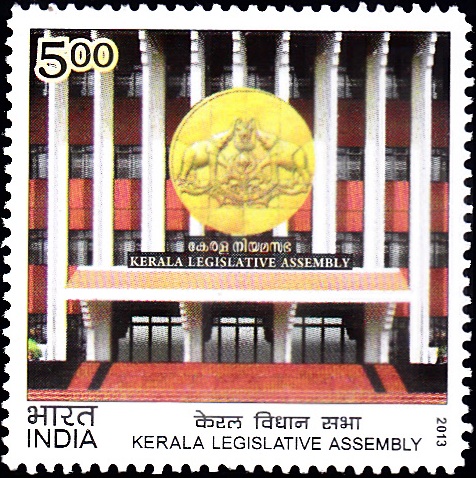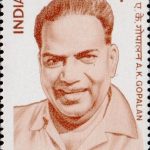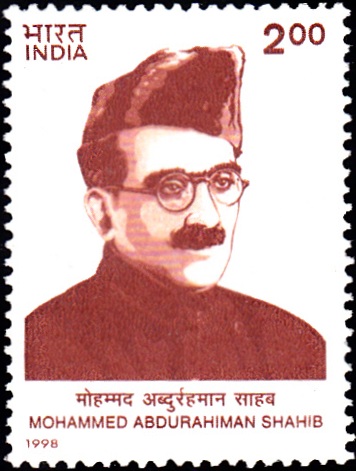
Muhammed Abdurahiman Shahib
A commemorative postage stamp on Mohammed Abdur Rahiman Sahib, an Indian Salafi Muslim leader (Moplah community) from Kerala :
 Issued by India
Issued by India
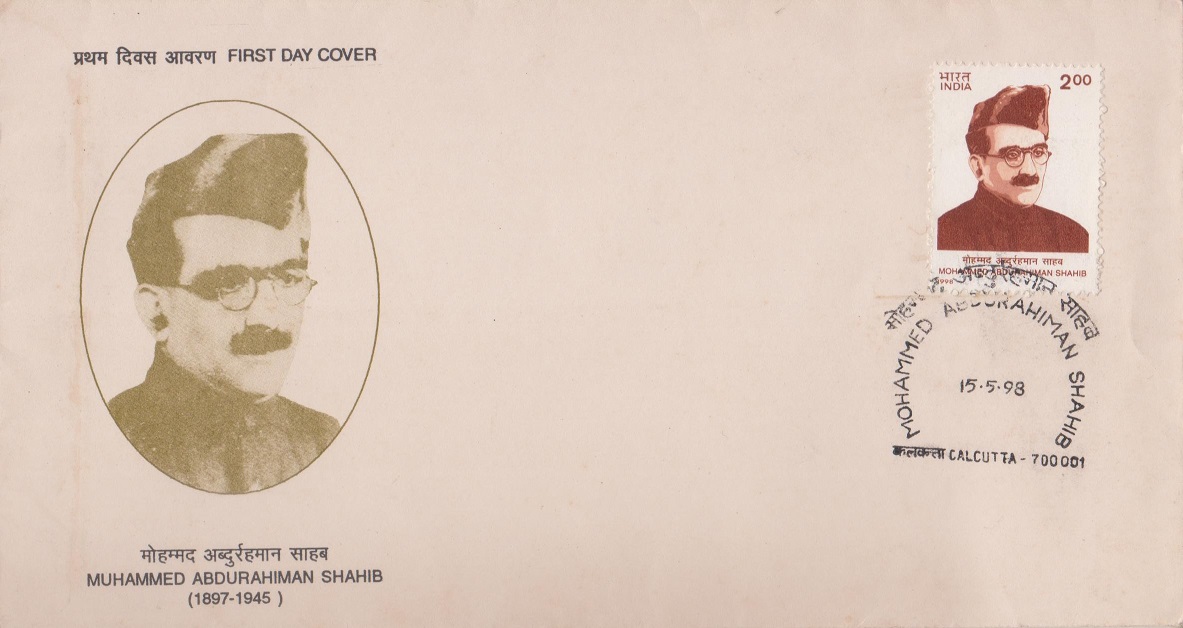
Issued on May 15, 1998
Issued for : The Department of Posts is happy to issue a commemorative postage stamp on Muhammed Abdurahiman Shaib.
Credits :
Stamp & FDC : Based on the material supplied by Mahammed Abdurahiman Shahib Centenary Celebration Committee.
Cancellation : Smt. Alka Sharma
Type : Stamp, Mint Condition
Colour : Single Colour
Denomination : 200 Paise
Overall size : 3.91 x 2.90 cms.
Printing size : 3.55 x 2.54 cms.
Perforation : 13 x 13
Paper : Imported un w/m Adhesive Gravure Coated Stamp Paper in reels 47 cms. width
Stamps Printed : 0.4 Million
Number per issue sheet : 35
Printing Process : Photogravure
Printer : India Security Press, Nashik
Name : Mohammad Abdur Rahiman Sahib
Born on 1898 at Kodungallur, Thrissur District, Kingdom of Cochin, Kerala, British India
Died on Nov 23, 1945 at Pottashery, Kerala, British India
About :
- Muhammed Abdurahiman Shahib was born in 1898 at Kodungallur in Kerala. A prominent member of Mopla community, he was a devout muslim, very strict in the observance of religious customs and practices. After obtaining early education he joined the Presidency College, Madras in the B.A. (Hons) Class, but soon after shifted to the National Muslim College at Aligarh. He discontinued his studies in 1921 at the call of Gandhiji and Maulana Muhammad Ali and left for Malabar to join the Khilafat and Congress Movements.
- The Maulana Brothers and other nationalist Muslim leaders influenced his political and social outlook. He was General Secretary of the Kerala Khilafat Committee, Calicut and worked for Hindu-Muslim amity during the Mopla rebellion (1921). He was arrested on October 21, 1922, under the Martial Law ordinance for treason, for publishing an article in the Hindu. He was imprisoned for 2 years in the Central Jail, Vellore.
- He was the founder of the Al–amin, a Malayalam tri-weekly which came out on October 12, 1928. From June 25, 1930, it was converted into a daily paper to promote nationalism among his community. When the Kerala Provincial Congress Committee decided to launch Salt Satyagraha in 1930, Muhammed Abdurahiman Shahib appealed to the muslim community to join the national movement. It had the desired results.
- In the Salt satyagraha at the Calicut beach, after being brutally attacked and kicked by high police officers, he was arrested on May 12, 1930, and was imprisoned for 9 months. Gradually he moved towards the left wing of the Congress and became its leader. After the Tripura session of the Congress, he left the Congress and became president of the Kerala Forward block from 1939. In 1940, he was arrested and detained in the central jail, Vellore, till September 4, 1945.
- After release from detention in 1945, he plunged himself into an electioneering campaign throughout Malabar in favour of the Congress candidates. But suddenly he died in harness on November 22, 1945.
- A towering personality, heroic in spirit, restless in nature, Muhammed Abdurahiman Shahib was a revolutionary. He had a hold on the muslim masses in Malabar and he was a hero to the younger generation during the Civil disobedience movement. He had sacrificed a lot for the cause of the country. And to his own community he was a tower of strength.


